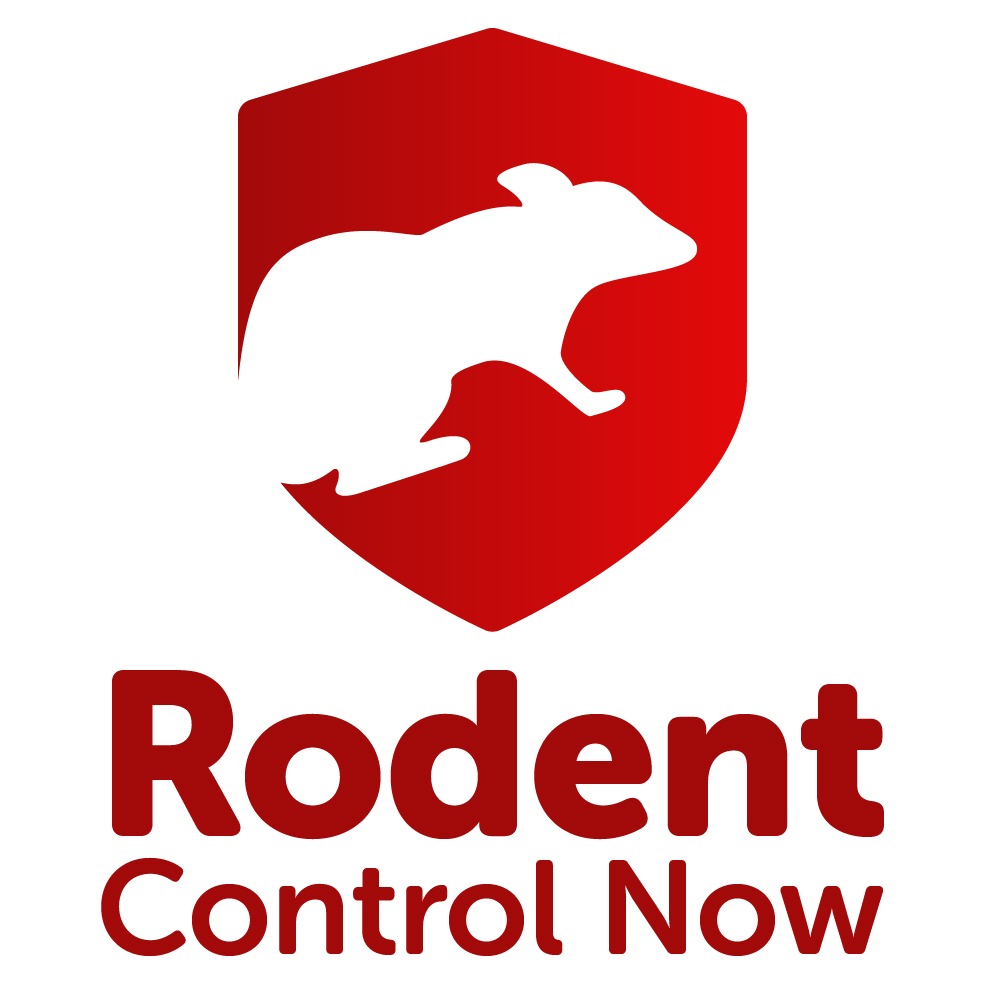Every pet owner has the responsibility to provide their pets with nutritious food and to store it in a safe and sanitary manner. Whether you own a cat, dog, or a bird, it is crucial to ensure that the pet food you serve is clean and free of any contaminants. A common problem that many pet owners face is dealing with mice that often infiltrate the storage area to nibble on pet food. These rodents are not just a menace but can be a source of various diseases and infections too. Therefore, it becomes imperative to mouse-proof your pet’s food to maintain its freshness and hygiene. Here are some effective ways to keep these unwelcome guests away from your beloved pet’s food.
The first step to keep mice away from your pet’s food is to store the food in an appropriate container. Remember, mice can gnaw their way through plastic and cardboard, so these are not safe options. Opt for metal containers, which can be a deterrent for mice due to their inability to chew through it. However, make sure that the container is airtight and has a lid that fits snugly. You can also use tightly sealed glass containers, as long as they are kept off the ground and in an area that mice would find hard to reach. Moreover, it’s important to ensure that your pet’s food bowl is always clean and doesn’t have any leftover food. Mice are attracted to the smell of food, and an unattended food bowl can be an open invitation for them.
Next, maintaining good housekeeping is equally crucial in preventing a mouse infestation. Cleanliness deters pests from setting up their residences in your house. Keep your pet’s feeding area clean and promptly clean up any spills from their bowls. Ensure that there is no trash or clutter around the food storage area that could provide a potential shelter for mice. Also, consider implementing a routine pest control plan to reduce the likeliness of mice appearing, especially if you live in an area prone to mice infestations.
Thirdly, consider using natural repellents or traps to keep mice at bay. There are plenty of humane mouse traps available in the market today, which allow you to catch mice without harming them, so you can release them far away from your house. Natural repellents, such as peppermint oil, can also be used. Mice despise the smell of peppermint and are likely to stay away from areas where the scent is prominent. Dab a bit of oil on a cotton ball and place it near the pet food storage area.
An additional measure to consider is getting a cat if you do not already have one. Cats are natural predators of mice and their presence in your house alone can be a significant deterrent for them. Mice have a strong sense of smell and can detect the scent of a predator. However, remember not to completely rely on your cat as the only form of pest control, continue with the other preventive measures alongside.
In conclusion, mouse-proofing your pet’s food is not just about protecting your pet’s food but also about preserving the overall hygiene and cleanliness of your home, keeping it safe from pests like mice. It encompasses measures like storing food correctly, maintaining clean surroundings, using natural repellents or traps and, in some cases, having a cat in the house. Remember, a clean home is a germ-free, mouse-free home. While these steps may require some time and effort, they are essential in ensuring that your pet’s food stays safe, and your pet stays healthy.
